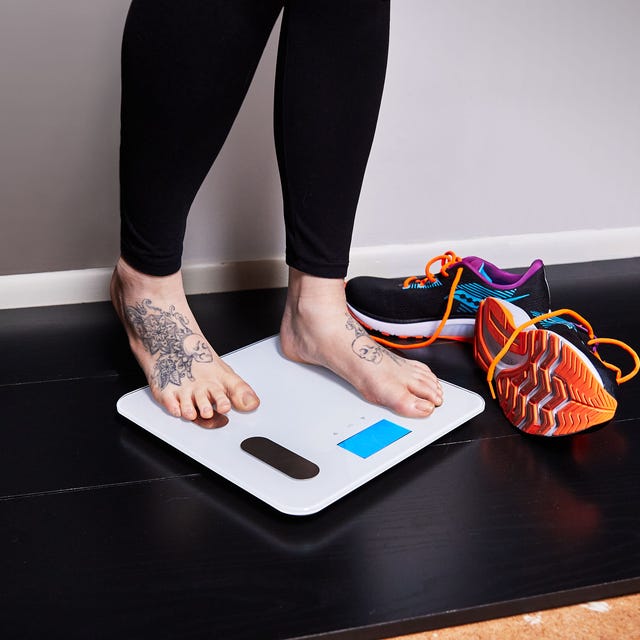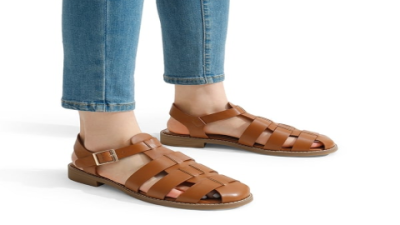1. The Science Behind Your Ideal Running Weight: How to Calculate It Like a Pro
Ever wonder how runners figure out their perfect weight? It’s not just about stepping on a scale. Your ideal running weight depends on a few things like your height, body makeup, and what you want to achieve with your running. There are a few easy ways to get a good estimate:
- BMI (Body Mass Index): This is a quick way to check if you’re in a healthy range, but it doesn’t tell the whole story for runners since muscle weighs more than fat.
- Body Fat Percentage: Knowing how much of your weight is muscle versus fat gives a clearer picture of your fitness.
- Running-Specific Formulas: Tools like the McMillan Running Calculator help tailor your ideal weight based on your running goals.
Getting this right can boost your speed and help prevent injuries, so it’s worth spending a little time figuring out what’s best for you.

2. Beginner’s Guide: What Is Ideal Running Weight and Why Should You Care?
If you’re new to running, the idea of an “ideal weight” might feel confusing or even intimidating. But don’t worry—knowing your ideal running weight is just about finding the balance that helps you run better and feel great. Here’s why it matters:
- It can improve your endurance and speed.
- It lowers your risk of injury.
- It helps you set realistic fitness goals.
Start by estimating your ideal weight at home using simple methods, and avoid common mistakes like obsessing over the scale or trying crash diets. Remember, it’s about feeling strong and healthy, not just a number.
3. Boost Your Performance: How Your Ideal Running Weight Can Make You Faster
Want to shave seconds off your time? Your weight plays a bigger role than you might think. Carrying extra pounds can slow you down and tire you out faster, while being too light might leave you weak. Here’s how weight ties into performance:
- Less weight means less effort with each step.
- Lean muscle helps power your runs.
- Finding the right balance can improve your running economy.
Check out stories from runners who changed their weight and saw big improvements. Plus, try these nutrition and training tips to help you reach your ideal weight without losing strength.
4. Stay Injury-Free: The Link Between Running Weight and Injury Prevention
Extra weight can put more strain on your joints and muscles, increasing your chance of injuries like shin splints or knee pain. But managing your weight wisely can help you stay on the road and off the sidelines. Here’s what to know:
- How added pounds affect impact forces.
- Common injuries linked to weight issues.
- Tips for losing or maintaining weight safely.
- When to get advice from a coach or health pro.
Taking care of your body with smart weight management is one of the best ways to keep running strong year-round.
5. Mind Over Matter: Overcoming Body Image Struggles While Chasing Your Ideal Running Weight

Running is about feeling good in your body, not just looking a certain way. It’s normal to have ups and downs with body image, but focusing on health and performance can help you stay motivated and confident. Here’s how:
- Embrace body positivity and celebrate what your body can do.
- Set goals that focus on strength and endurance, not just weight.
- Find motivation beyond the scale, like beating your personal best or enjoying your runs.
- Read inspiring stories from runners who learned to love themselves while improving their fitness.
Remember, your worth isn’t defined by a number on the scale.
6. Gender Matters: How Ideal Running Weight Differs for Men and Women
Men and women have different bodies and hormones, which means their ideal running weights can look different too. Understanding these differences helps you set realistic goals:
- Men typically have more muscle mass, which weighs more.
- Women’s bodies naturally carry more fat, which is important for health.
- Hormonal cycles can affect weight and performance.
- Tips tailored for each gender to reach a healthy running weight.
Knowing what’s normal for your gender can take the pressure off and help you focus on what’s best for you.
7. Age Is Just a Number: Adjusting Your Ideal Running Weight as You Get Older
Your ideal running weight isn’t set in stone—it can change as you age. Metabolism slows down and muscle mass shifts, so your approach to weight might need tweaking over time. Here’s what to keep in mind:
- How metabolism and muscle change after 30, 40, and beyond.
- Simple strategies to maintain strength and healthy weight as you age.
- Balancing weight goals with overall wellness.
With the right adjustments, you can keep running strong no matter your age.
8. Busting Myths: What You Need to Know About Ideal Running Weight
There are lots of myths floating around about running and weight. Let’s clear up some of the biggest ones:

- Myth #1: Lighter is always faster. (Not always true—strength matters!)
- Myth #2: You have to starve yourself to lose weight. (Healthy eating beats crash diets.)
- Myth #3: Muscle weight doesn’t count. (Muscle is your friend for running.)
Knowing the facts helps you make smarter choices and avoid frustration.
9. Tech-Savvy Runner: Using Apps and Gadgets to Track Your Ideal Running Weight
Technology can be a great helper on your running journey. There are plenty of apps and gadgets that track your weight, body fat, and running stats all in one place. Here’s how to get started:
- Top apps for tracking weight and running progress.
- Wearables that measure body composition and performance.
- Tips for using data without getting overwhelmed or obsessed.
With the right tools, you can stay motivated and see your progress in real time.
10. Lifestyle Hacks: How to Make Your Ideal Running Weight Stick for Good
Finding your ideal running weight is one thing—keeping it is another. The key is making changes that fit your life and feel good. Here are some easy ways to stay on track:
- Meal planning that’s simple and tasty, not restrictive.
- Workouts that support your weight goals without burnout.
- Staying motivated even when life gets busy.
- Celebrating small wins to keep your spirits high.
Remember, consistency beats perfection. Make it fun and sustainable, and your ideal running weight will become your new normal.



